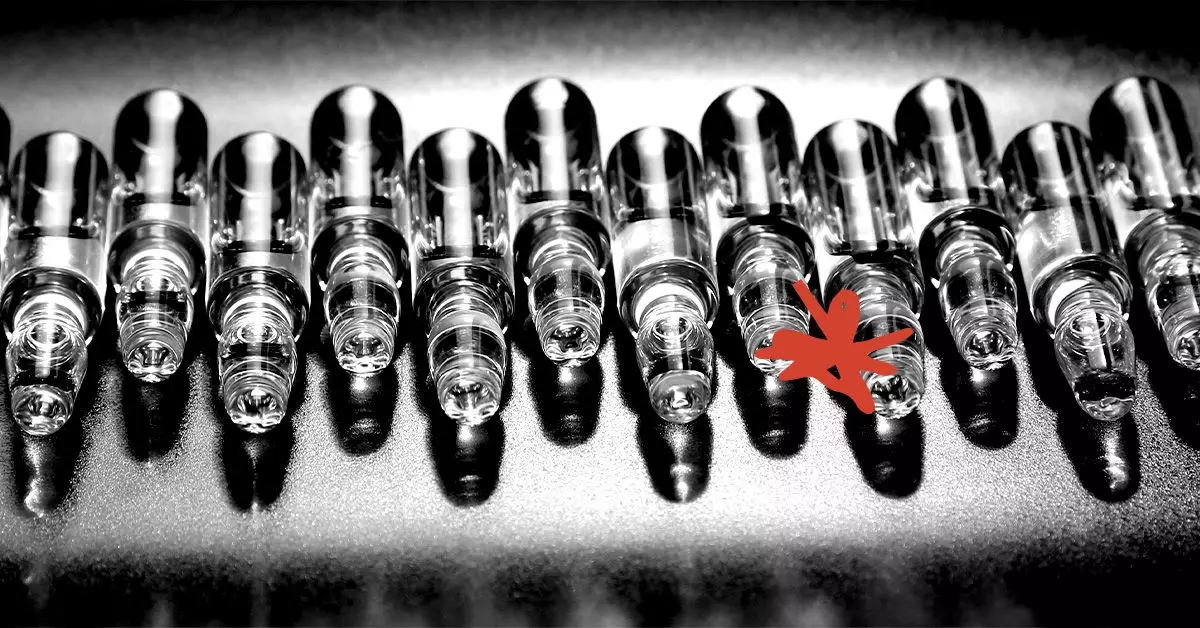In the ever-evolving landscape of cancer treatment, immunotherapy emerges as a beacon of hope, particularly in the fight against prostate cancer. Unlike conventional treatments, which often directly attack cancer cells, immunotherapy harnesses the body’s immune system to identify and combat these cells. This specificity allows for potentially fewer side effects and a different mode of action, empowering patients with an alternative when traditional treatments falter.
Immunotherapy, particularly for prostate cancer, is not a one-size-fits-all solution. Efficacy is closely tied to individual conditions including cancer stage, genetics, and overall health. It is primarily recommended for advanced cases resistant to hormone therapy—where the cancer persists but presents minimal or no symptoms. This selective application underscores the need for personalized medicine in oncology, as the immune response can greatly vary among individuals.
The Mechanics of Immunotherapy
The landscape of immunotherapy is marked by innovative treatments like Sipuleucel-T, often referred to in clinical settings as Provenge. This vaccine-style treatment stimulates the immune system to fight cancer more effectively. Although it may not halt cancer growth entirely, studies including the recent findings from 2022, reveal its potential in extending survival. For instance, patients receiving a combination of androgen receptor-targeting agents with Sipuleucel-T experienced a median overall survival of approximately 2.5 years, outperforming the 6 months observed in those only receiving agents alone. Such statistics not only highlight the importance of combination therapies but also inspire optimism among patients and healthcare providers alike.
Furthermore, research into immune checkpoint inhibitors—drugs that unlock the immune system’s capacity to attack cancer cells—offers additional avenues for exploration. While their administration in prostate cancer remains somewhat controversial and less understood compared to other cancer forms, certain genetic markers, such as defects in mismatch repair genes or a high tumor mutational burden, may enhance the prognosis for some patients. This specificity represents a paradigm shift in cancer treatment, focusing on the individual biology of both the patient and the tumor.
Challenges and Considerations
Despite the promise that immunotherapy holds, it is crucial to approach it with a balanced perspective. Many of the existing treatments can lead to side effects—ranging from mild fatigue to more acute reactions at the infusion sites. Such realities emphasize the importance of thorough discussions between patients and healthcare professionals before initiating immunotherapy. It is imperative for patients to understand not only the potential benefits but also the risks they may encounter.
Moreover, there’s an undeniable gap in comprehensive research specifically tailored to immunotherapy’s effectiveness for prostate cancer. As this treatment modality continues to garner attention, more studies are essential to discern which patient populations may benefit most significantly. The variability in response necessitates a call for robust clinical trials, tailored research, and a commitment to advancing knowledge in this promising yet challenging field.
Investing in the exploration of immunotherapy represents not just a commitment to science but to the myriad of individuals grappling with prostate cancer. Each new study and treatment developed is a step toward transforming hope into viable, tangible outcomes for patients and their families.

